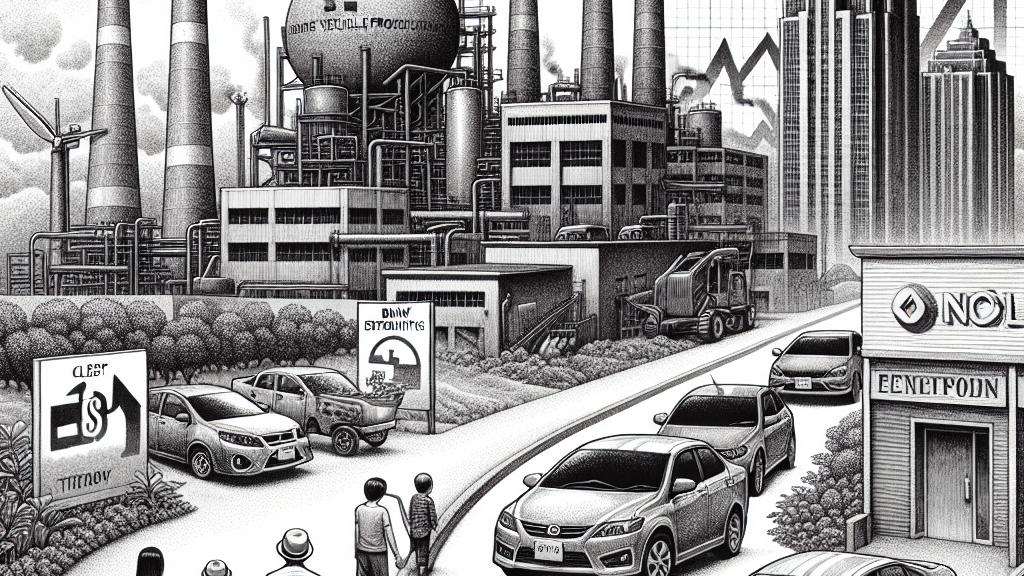Decline in Thailand's Vehicle Production and Sales: A September Analysis
Overview
- In August 2024, Thailand witnessed an alarming drop in vehicle production, exceeding 20%.
- Local car sales crashed by a staggering 24.98% compared to the previous year, signaling significant market distress.
- Experts see a silver lining, believing that government initiatives could provide much-needed support to boost sales.

Overview of the Decline
Thailand's automotive sector faced a major setback in August 2024, with production declining by an astonishing 20.56%, amounting to just 119,680 vehicles manufactured. This downturn closely ties to increasingly strict lending policies from banks, which greatly hinder consumers' ability to acquire auto loans. For example, many families that traditionally rely on financing to purchase new cars are now finding this option out of reach. This situation paints a vivid picture of the struggles faced by potential buyers—the very lifeblood of the automotive market. As a result, the ripple effect impacts job stability and the economy at large, creating an atmosphere of uncertainty.
Current Sales Figures
Turning to sales, the numbers reveal a grim reality: only 45,190 vehicles sold in August. This represents a jaw-dropping 24.98% drop compared to the same month last year. Such figures are not merely statistics; they reflect the deep-seated financial concerns troubling many households. The decline from July—at 2.60%—further illustrates a concerning trend that jeopardizes the livelihoods of those connected to the automotive industry. For instance, dealers and manufacturers alike are feeling the pressure as inventory sits unsold, showcasing the intricate web of economic interdependence.
Future Outlook
Despite the gloomy statistics, there is a ray of hope on the horizon. Experts emphasize that the final quarter of 2024 may bring positive changes, largely due to anticipated government actions. The introduction of a generous 10,000-baht handout is expected to stimulate consumer spending and restore confidence. Coupled with plans for increased expenditure from the 2025 fiscal budget, these initiatives could reinvigorate the automotive market, paving the way for renewed sales. As the automotive sector braces for these changes, both consumers and industry insiders are keenly awaiting the outcomes, embodying the resilient spirit of Thailand’s economy.

Loading...